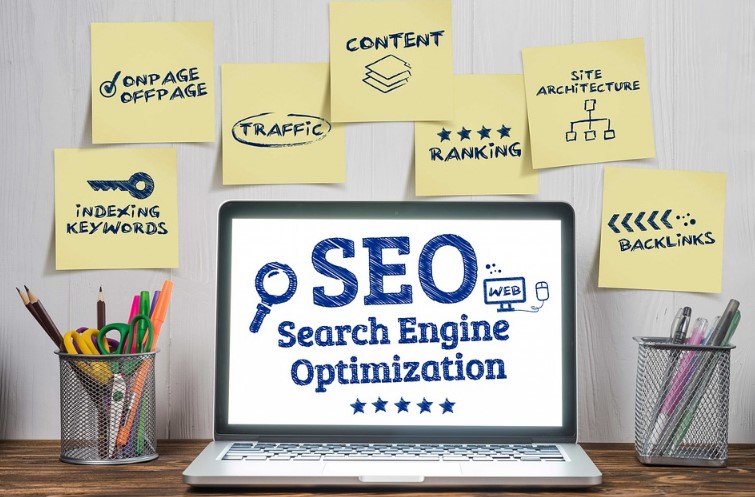Helpful tips on how to use images to enhance your SEO
SEO usually refers to the aesthetic of the site that encourages search engines to provide a relevant, relevant, and beneficial result for a potential visitor. Before we go into the details, I want to address a common myth that every website owner has been guilty of. And that is the belief that showing images on a webpage is a Google ranking factor, no matter what the image actually is. I want to bust myths, and give you some wonderful tips and tricks that not only make your page unique but can have a significant impact on increasing your site’s ranking on search engines.
Can images impact user experience and web page SEO? Yes. The SEO of images has been part of the past ranking factors of Google. Search engines like Google, Bing, and Yahoo have implemented various image formats and styles to improve the search experience on their search results pages, and some of the most important among them are when a search engine implements an Orkutnik score and when an image is placed above a captivating headline within a topic or a section of a blog.

SEO of images has become more important than ever before due to the rapid rise of social media, especially with Facebook and Twitter. Before social media, blogging on the internet didn’t have nearly as many image formats and its content was usually centered around plain text. By using images, you can add an interactive element to your online content that improves your visibility and web page SEO. Images can readjust the perspective so search engines can find more captivating images for the relevant keywords.
Here’s a few helpful tips on how to use images to enhance your SEO:
Mobile devices are still the dominant way for the majority of the world to access the internet. According to Yahoo, Statistics on Mobile Webpages and Apps Visibility Report, the number of monthly active mobile users worldwide has risen from 88 in October 2013 to 137 in September 2020, an increase of almost 150%. At the same time, searches for “how to make my website experience mobile-friendly” have risen significantly, from 2.8% in November 2017 to 4.5% in February 2020.
And the mobile version of your website can have a positive impact on your SEO. Mobile devices are on average 1.2x more likely to be searched for a product. So by optimizing your site for the mobile experience, you can potentially increase your chances of being found by the search engines, and potentially provide better customer service.
Using the right keywords and optimizing website content and pages through adding valuable content or bringing needed resources to the page can have a big positive effect on a site’s ranking in search engine results. SEO is a relatively new field, but it is definitely worth learning! Below, I have provided basic SEO basics to help you learn SEO in no time, and especially in 2020 there are hundreds of things to keep in mind. This article is not limited to SEO tips, tricks, and tutorials, this is actually about general SEO information you can learn at your own pace. There is no (or too much) SEO magic in this article. You might not be able to master SEO on your own, but, knowledge is power, and the more you know about it, the easier you will become in your SEO endeavors.
The first step to starting your journey toward increased rankings on Google’s search engine is to understand what SEO is, and what problems it causes. For most people, SEO still involves encouraging more people to click on your site or webpage in the hope that they will find what they are looking for or leading them to get to the right webpage. Some people consider directing them to the described results as an SEO technique. The benefits that come from SEO include, among others, better information ranking, better rankings in search results, and increased traffic to the site.
Let’s expand this a bit more by talking about the tools people use to find out how good or bad their SEO is.
Search Engine Optimization (SEO) is a relatively new field, and it is still very much in its infancy. It has been compared to the field of Computer Science, medicine, or marketing itself, and it may not have rocketed to fame the same way these other earlier fields did. According to Google Trends, the search term “SEO” was introduced May 2006, followed by another online search related term, “search engine optimization” in November 2008.
